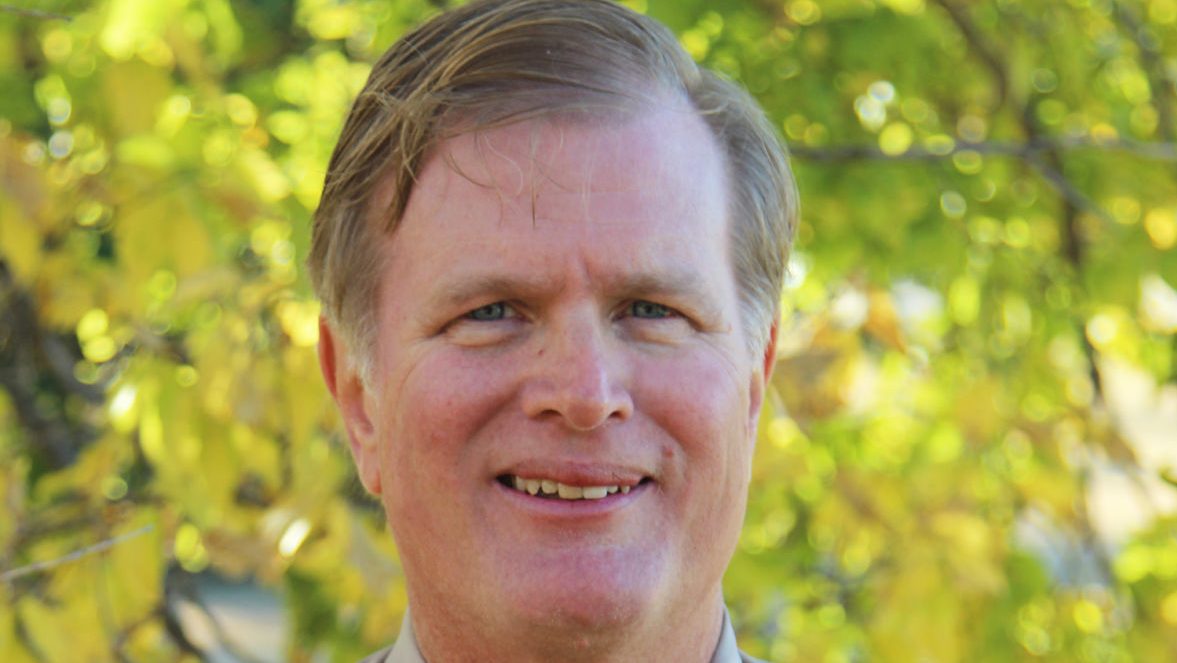On Nov. 8 voters in the High Plains region cast their ballots on local, state and federal races and in some cases there were special questions that may have implications in their livelihoods and the way they do business. All elections are a referendum for those in charge.
As we reflect on the past week, time will tell the ramifications of those votes moving forward. While in the past two years we’ve spent much time debating the election process, we can say in the High Plains region that voters were able to participate with the only distraction likely waiting a little longer because more people were participating, which is always the right goal in a democracy.
A big thanks needs to go to men and women who worked tirelessly at poll sites to ensure that voters could cast their ballots with ease and often greeted them with a smile. We should also thank candidates—both winners and losers—for their commitment to express views and discuss issues. After all, when good ideas are put forward they can be incorporated into meaningful future policy.
As we move ahead from the negativity that often accompanies the campaign process it is a time when hopefully the rancor gets tamped down and a sense of getting the people’s business done can take a priority. We need all levels of governance to work to find solutions on problems that many face in rural communities.
Inflation has dominated the nightly news, the headlines and talk radio. As we move toward the holiday season those in rural America want to feel better about their own bottom line and develop confidence that elected officials are aware and that lawmakers can write policies that can provide relief to farm and ranch families. The result of high inflation has resulted in the Federal Reserve to increase interest rates.
Increasing the cost of borrowing money does have consequences on operating expenses and mortgages—either through purchase or in higher rental rates and that can really pinch younger operators.
Also, developing policies that can bring down the cost of fuel and fertilizer are on top of mind for many rural and urban cousins at local coffee shops.
The cousins see the overlap and want to see progress so they can make informed decisions on how to balance their own budgets.
In Congress, lawmakers from the House and Senate will be starting in earnest to write a 2023 farm bill that hopefully will be able to give those who produce food and fiber some flexibility. They will need it as they try to feed a hungry world that has become less globally secure because of Russia’s invasion of Ukraine, which is nearly nine months old.
Sound bites will not be effective, although there will be pushes by some to make them. After all, we’re merely two years away from another election. For now, our hope should be that progress and meaningful discussions can help us to develop confidence because all elections have consequences.
Dave Bergmeier can be reached at 620-227-1822 or [email protected].

